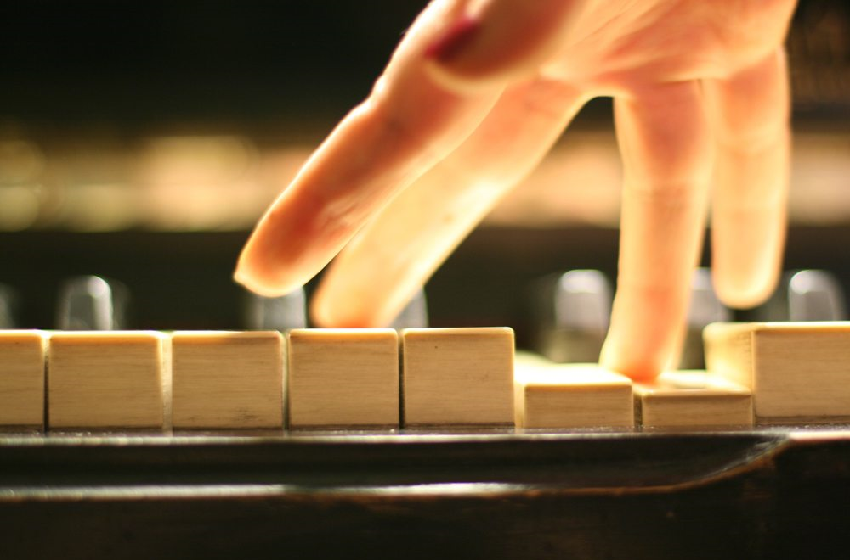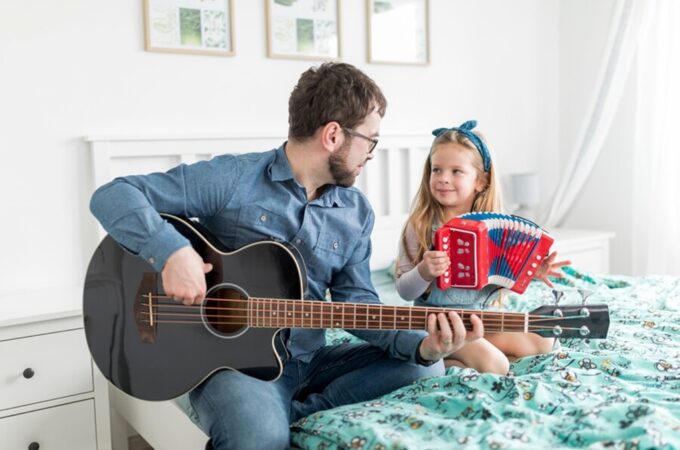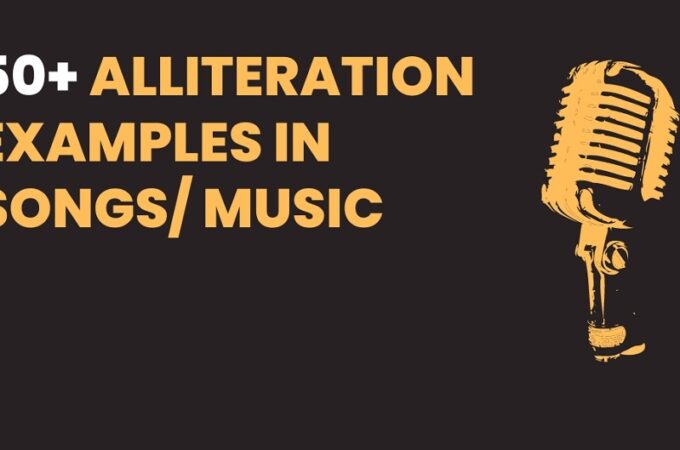
5 Tips to Help You Maintain Musical Equipment
With the proper care, a musical instrument can be a companion for life — one that can always carry a tune! How you store and transport it are particularly important, curated by experts from best payout casino online.
1) Clean correctly
A key aspect of caring for your instrument is cleaning it properly. Before you play, it’s always a good idea to wash your hands if possible, or at the very least give them a wipe. Sweat, oil, and other impurities on the hands can have a negative effect on your instrument’s finish over time, leading it to look grubby. When you’re finished playing, take care to gently wipe over your instrument with a dry cloth. Remember to never introduce water directly to your instrument, you only need to use a soft micro-fibre or lint-free cloth to wipe it over. Given your hands are in constant contact with your instrument, the extra few seconds it takes to wash and thoroughly dry them before you play can make the world of difference. It will help keep your instrument in great condition, and both looking and playing as well as it possibly can. Make it a part of your playing routine, if possible.
2) Perfect your playing technique
Another key way of caring for your instrument is ensuring you play and handle it properly. It might sound simple, but as you begin to play you may start developing bad habits, which can place pressure on elements of the instrument that weren’t designed to be handled in such a way. This could potentially damage the instrument, either immediately or gradually over time. Certain instruments are more delicate than others, and might not be able to stand up to rigorous handling, or incorrect playing technique – something all musicians are guilty of on occasion. Make sure you’re always practising your playing technique and ensuring you handle the instrument properly when you’re transferring it to or from its case/stand, and when you’re paying. This has a double benefit in as much as it will make you a better player, as well as minimising the risk of inadvertent damage to the instrument, courtesy of real money casino for Australians.
3) Think about music insurance
Many musicians who gig regularly or collect valuable guitars have some form of insurance on their instrument. Specialist musical instrument insurance can cover you for loss and theft as well as protection against Public Liability claims when you’re performing. This could be a worthwhile addition in order to cover your pride and joy. Learn what sort of things your cover will provide protection for, and get an accurate independent valuation of your instrument from a specialist.
4) Store your instrument away carefully
Something else to consider is how you store your instrument when you’re not playing it. Depending on what it is, you might opt for a stand to keep it in easy reach. While this is convenient, it also exposes your instrument to the risk of damage if it happens to get knocked over or something bashes into it. There’s also temperature and humidity to consider as well. If you live in an area that is prone to experiencing temperature shifts or spikes in humidity, it can have a negative impact on your instrument’s ability to play well – causing warping and finish cracking.
5) Keep instruments in their cases
Always keep an instrument lying down flat in a protective, hard-shell case or a padded bag when it’s not in use.
Not only is this the best way to prevent damage resulting from accidental bumps, falls or curious fingers, it also offers some protection from environmental dangers, such as excessive moisture (in humid climates, always keep a packet of silica gel inside your case as well), dryness, or damaging fumes.





